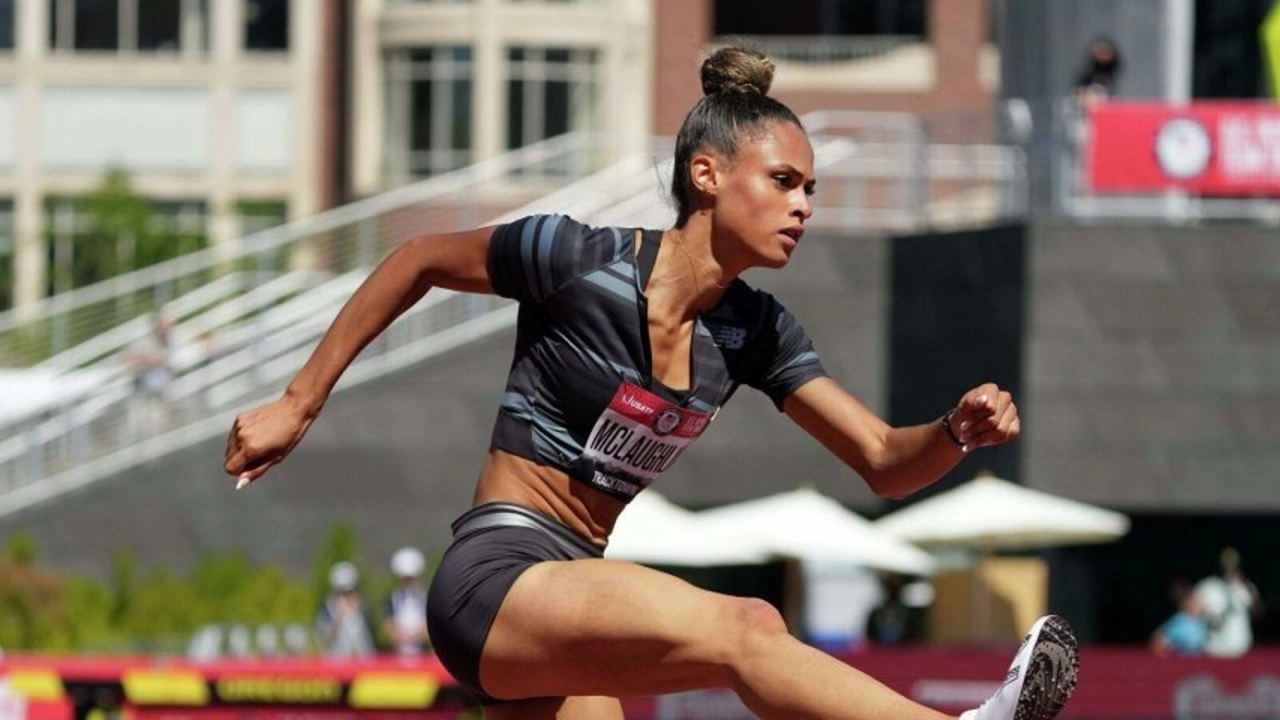Coach Tips, Tricks, and Advice for Better Performance
Looking to level up your game? Whether you’re an aspiring coach or an athlete who wants to get more out of training, the right advice can make a huge difference. Below you’ll find easy‑to‑apply ideas that help you understand what a coach does, how to communicate better, and how to turn practice into real progress.
What Makes a Good Coach?
A good coach isn’t just someone who shouts from the sidelines. It’s a mix of clear communication, solid planning, and genuine care for each player’s growth. Think of a coach as a guide who maps out where you’re headed, spots the obstacles, and helps you navigate them. When Mikel Arteta rotated his Arsenal squad for the EFL Cup, he showed how strategic changes can keep a team fresh and ready – that’s the kind of thinking every coach should bring to the table.
Practical Coaching Tips You Can Use Today
1. Keep the message simple. Players absorb more when you break drills into bite‑size steps. Instead of “run faster,” say, “push off the ground for the first three seconds, then increase your stride length.”
2. Use video analysis. A quick clip of a practice session lets athletes see what they’re doing right and where they slip up. It’s faster than a long verbal rundown and helps visual learners click instantly.
3. Give specific feedback. Replace vague praise like “good job” with details: “Your left foot placement on that pass was spot on; keep that angle for the next play.” Specifics reinforce the behavior you want to repeat.
4. Set short‑term goals. Aiming for a 5‑second improvement in a sprint or adding two extra reps to a drill gives athletes something concrete to chase. Celebrate those wins, and they’ll stay motivated.
5. Rotate roles. Let players experience different positions during practice. It builds a deeper understanding of the game and uncovers hidden strengths – just like how a coach might give a young prospect a chance to play a new role in a cup match.
Beyond drills, remember that a coach’s attitude sets the tone. Show up on time, stay enthusiastic, and treat every player with respect. When athletes feel valued, they push harder and stick around longer.
Finally, keep learning yourself. Follow the latest sports science articles, watch how elite teams adjust tactics, and bring fresh ideas to your sessions. Coaching is a two‑way street – the more you grow, the more your athletes will grow.
Ready to put these tips into action? Browse our latest posts for deeper insights, from injury‑prevention drills to mindset hacks that keep you focused on the field. Your next breakthrough could be just one coaching tweak away.
